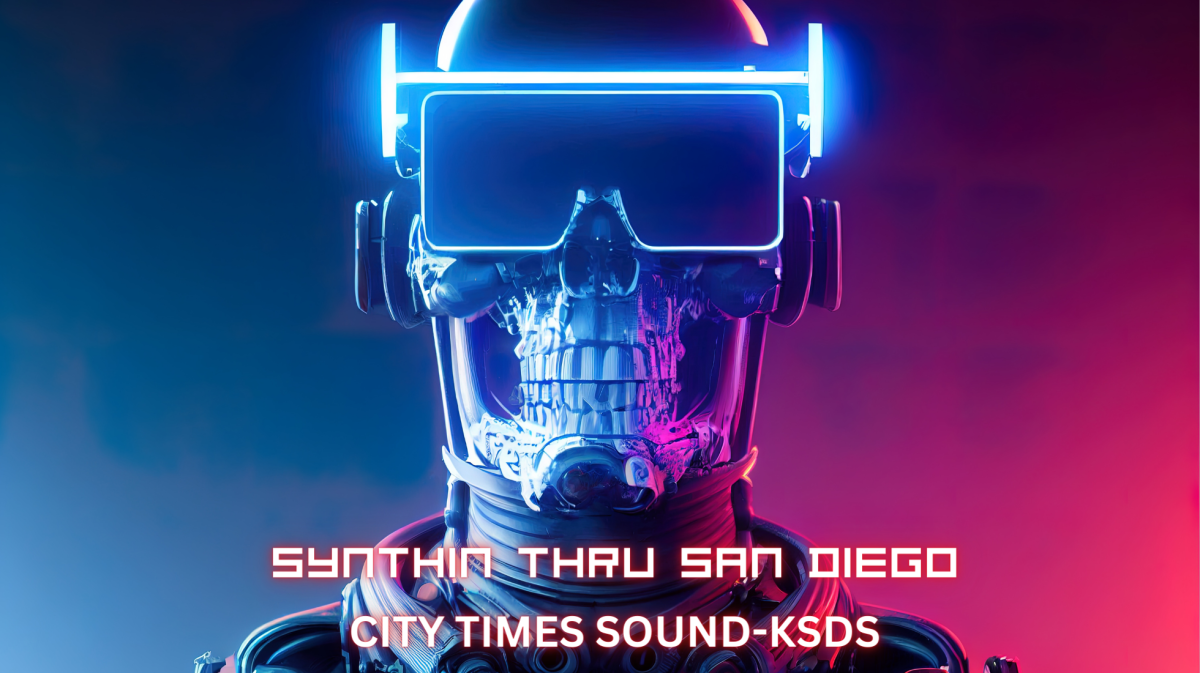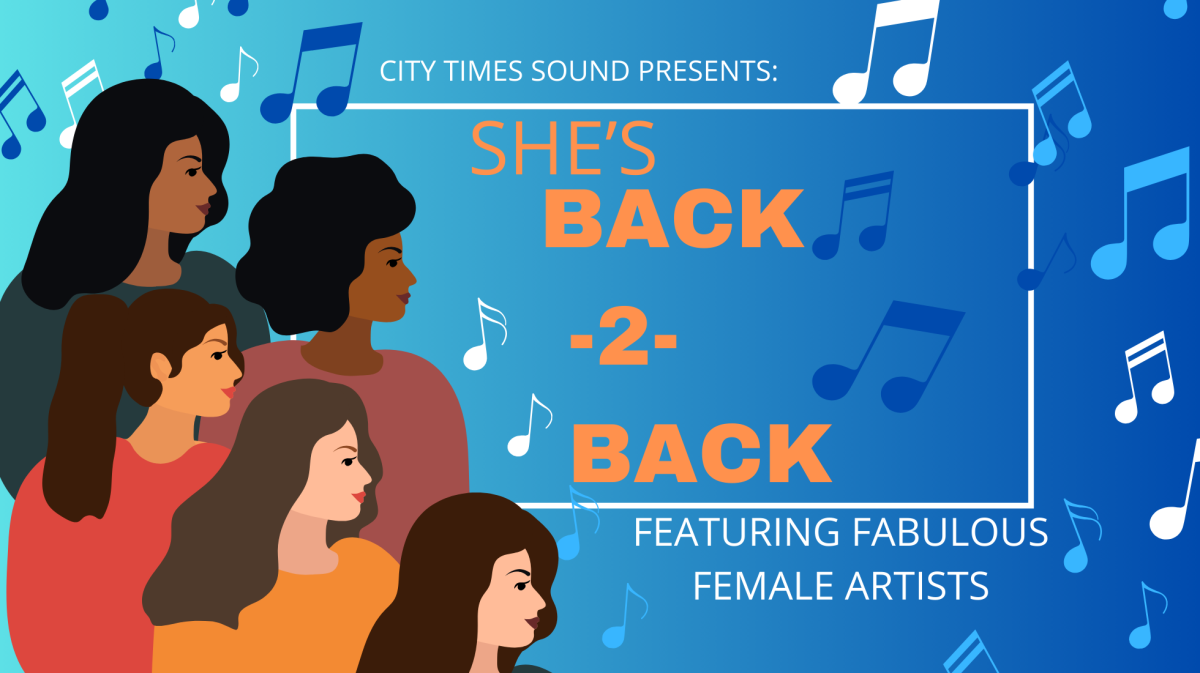I consider myself a veteran of the previous console wars. I’ve seen great empires of gaming companies grow and expand, only to be crushed years later by large juggernauts in the entertainment industry. I fought hard for my beloved franchises to stay afloat while also allowing for new gaming cultures to be integrated into my own.
Now you may or may not be wondering: what is a console war?
Simply put, a console war occurs every five or six years, when video game companies have to keep current with advancing technologies. They tend to release their consoles within a few months of each other, which results in the companies battling against one another for the biggest share of the market.
To date the biggest contenders are Nintendo, Microsoft and Sony who rule the console world, marginalizing both SEGA and Atari to mere fiefdoms that only make shoddy software.
The first major console war was between Nintendo and SEGA. There were skirmishes before, but this one set the historical trend.
Sega released its “Genesis” system in 1991, in an era that was completely dominated by Nintendo. To battle with the dictator-state of Nintendo was gutsy, but SEGA touted some massive firepower: 16-bits, “blast processing”, and an ad campaign that lambasted Nintendo’s image as childish and not as awesomely-cowabunga-rad as SEGA and us 90’s kids hadn’t figured out what “cool” was yet, so we took their word for it.
Much has happened since then, and it isn’t that hard to find information on the previous five console wars, so let us fast-forward to today.
In Nov., Nintendo released the Wii-U, which sports an arsenal of HD graphics, online support, and a touchscreen controller. So far, the head-start hasn’t proved to be too advantageous to Nintendo, as they recently slashed their forcasted sales from five million to four million.
Being first is not always the best strategy, as SEGA learned the hard way with its failed Saturn and Dreamcast models. Nintendo probably still had its battle-high from its Wii console, which dominated the “casual gamer” niche in the last war. Not all is lost, however, as a year advantage over its competitors can enable it to make a price cut when the others are released.
Sony recently announced Playstation 4 to be released at the end of 2013. All of the standard upgrades are in place, as well as a new controller. Well, not “new” exactly. It looks like its tried-and-true DualShock controller, with a “fun-sized” touchscreen, a light-sensor-bar-thing and a speaker. The demos for the games themselves look outstanding, and supposedly the issues that gave headaches for game developers with the Playstation 3 are non-existent in the PS4 which should also lower the cost, incidentally.
Microsoft has yet to announce their next console officially, which isn’t unusual. It can be a wise move both to see what the competition is bringing to the table and to have its own personal announcement window. I predict Microsoft to announce it’s next console before summer.
There will be new contenders for Console War VI, most notably online video game company Valve’s “Steam Box.” Valve has made a name for itself with its online gaming service “Steam,” which offers a vast selection of games available for direct download to PCs. Valve plans on expanding its service from PC-land to the home console market. The “Steam Box” will not support hard-copies of games, such as DVDs or cartridges, but will offer only downloadable content. Valve has gathered a huge following, much of that due to their embrace of ‘indie games,’ and low cost for games.
Direct-downloadable games are already available on all of the other consoles, and have proven to be quite successful. This upcoming console war, which will undoubtly occur during the 2013 holiday season, will be quite interesting, as it will set the standard for how games are made, distributed, and ultimately set a precedent for future wars.
Now, I know you all are dying to know: where do my loyalties lie? Am I a fanboy, and if so, for who?
I will do what I always do: buy the last generation, reduced-price consoles and play all of the reduced-priced games I haven’t got to yet. I will happily hunker-down in my man-cave bunker as the bombs drop around me. As a final word of advice, it is always best to resist the temptation to be the first to get a system; wait until all the bugs have been fixed, and see who survives. Prices typically drop after six months, most of the bugs have been fixed and you can be sure as to who has triumphed and who has failed. After all, a console is only as good as the games that are made for it.







